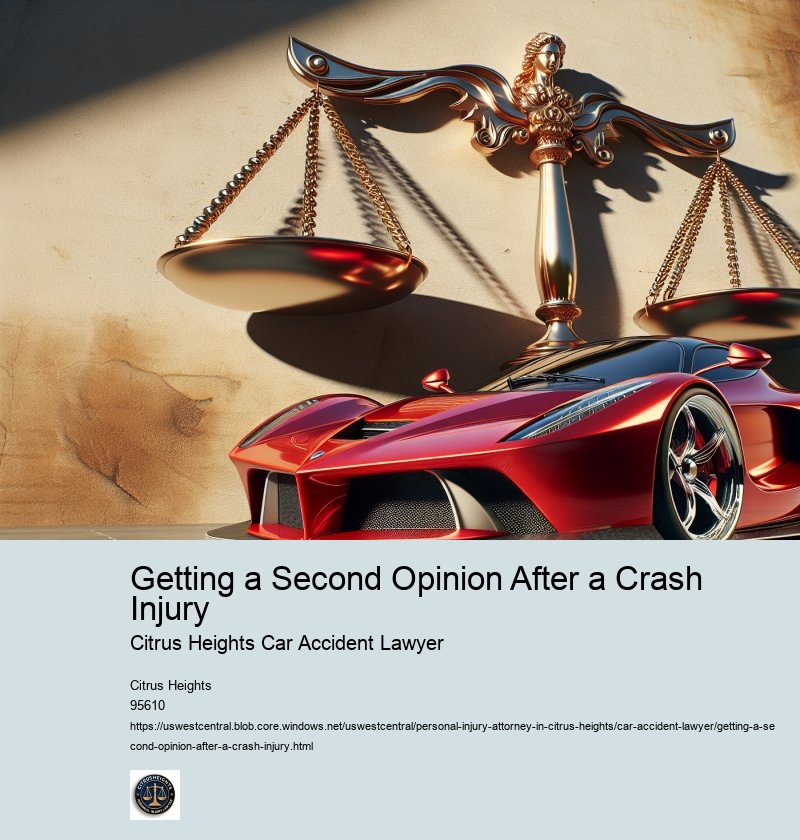Getting a Second Opinion After a Crash Injury
physiotherapy

A lawyer helps protect your rights, advises you on what to do after a car accident in Citrus Heights, and takes the lead in communicating with insurance companies. If you’ve been hurt in a car accident, speaking with a personal injury attorney in Citrus Heights can help you understand your legal options and pursue fair compensation.. You don't need to worry about retainers, hourly rates, or hidden costs. If you've been involved in a crash, speaking with a Citrus Heights car accident lawyer is one of the most effective steps you can take. personal injury In these cases, the attorney may work with law enforcement or help you file a claim with your own insurer under uninsured motorist coverage. aviation accident or incident Many individuals are surprised to learn their case is stronger than they thought.
A rollover accident attorney in Citrus Heights deals with vehicle rollovers, often caused by speed, sharp turns, or uneven surfaces. For crashes involving pedestrians, car vs. pedestrian accident representation is critical, particularly in cases involving failure to yield or crosswalk violations. When talking about common car accident injuries and compensation, most people are unaware of the full range of what may be covered. Arden Way Understanding Citrus Heights traffic laws can be the difference between a fair settlement and an undervalued claim.
Getting a Second Opinion After a Crash Injury - police force
- courtroom
- suffering
- uncertainty
The service is fast, free, and designed to save you time and effort. Getting legal support early can change the outcome of your case. After checking for injuries and contacting the police, it's important to gather photos of the scene, take note of traffic conditions, and exchange information with others involved. Car vs. pedestrian accident representation focuses on right-of-way laws, visibility issues, and proving driver negligence.
Getting a Second Opinion After a Crash Injury - rear-end collision
- hospital
- Asbestos and the law
- West Sacramento
- equation
- statute
- Law of California
This information helps you feel more prepared before talking to a lawyer. rear-end collision California follows a comparative fault system, which means compensation can be reduced if you're partially at fault. Injuries may include fractures, soft tissue damage, head trauma, or long-term disability.
Getting a Second Opinion After a Crash Injury - physiotherapy
- physiotherapy
- personal injury
- Arden Way
- product liability
- aviation accident or incident
- attention
- rear-end collision
- police force
Getting a Second Opinion After a Crash Injury - police force
- California County Routes in zone E
- regulation
- California County Routes in zone E
- accuracy and precision